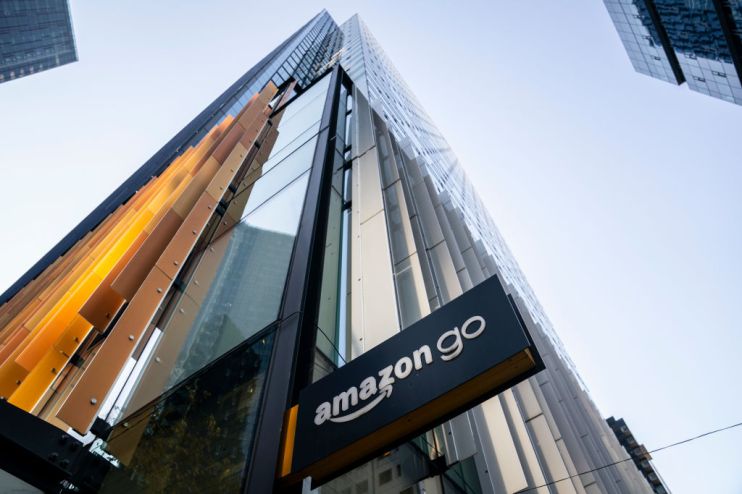Amazon profits triple as layoffs fuel record sales surge

Amazon has more than tripled its profits and reported its highest level of sales since the pandemic-driven online shopping spree as layoffs have proven successful and its cloud business has steadied.
The e-commerce giant said profits tripled from $2.9bn (£2.4bn) to $9.9bn (£8.2bn) and revenues surged by 13 per cent to $143.1bn (£118bn) in its third quarter. Shares jolted up over 5.3 per cent in extended trading and rose to around eight per cent after the Nasdaq opened.
Andy Jassy, Amazon’s chief executive, said his restructuring plan, which included laying off 17,000, is “exceeding our optimistic expectations” and putting the company on track to hit record delivery speeds.
Sales from the company’s cloud division, Amazon Web Services (AWS), increased 12 per cent year on year to $23.1bn (£19bn) and advertising grew “robustly” by 25 per cent.
Sophie Lund-Yates, the lead equity analyst at Hargreaves Lansdown, said: “Thin margins in Amazon’s retail business makes [the] cloud so much more important than it does for the other tech companies, whose broader business models are a lot less capital intensive.
“When AWS does well, it manages the incredible feat of propping up the majority of Amazon’s bottom line these days.”
Amazon has weathered a challenging third quarter, contending with Chinese rival Temu, sluggish growth and austerity measures — a stark contrast to late 2021 when the Omicron variant of Covid-19 confined shoppers to their sofas.
“There aren’t many businesses out there that can weather an economic storm quite like Amazon can,” said Ben Barringer, technology analyst at Quilter Cheviot.
Amazon has achieved strong profits in two ways, he explained: “Firstly in the retails business it has optimised its footprint in the US to make its operations more efficient, while in Amazon Web Services, it is getting more customers using more of their products, especially in chips and processing.
“That profitability piece is also extending right across the company and international division saw flat margins, and could be on track to consistently make a profit.”